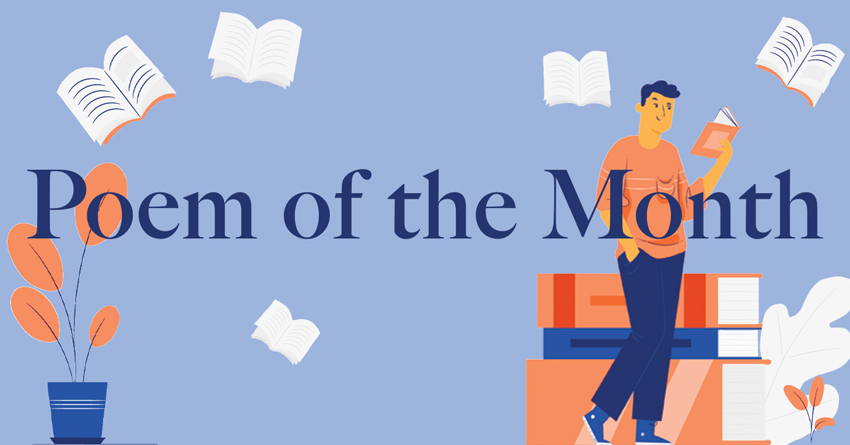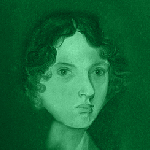Fall, Leaves, Fall by Emily Brontë
Fall, leaves, fall; die, flowers, away;
Lengthen night and shorten day;
Every leaf speaks bliss to me
Fluttering from the autumn tree.
I shall smile when wreaths of snow
Blossom where the rose should grow;
I shall sing when night’s decay
Ushers in a drearier day.
The peom ‘Fall, Leaves, Fall’ was taken from Poems by the Brontë Sisters.
Emily Brontë - Poet and Author
One Third of the Literary Trio – The Brontë Sisters
The above poem, ‘Fall, Leaves, Fall’ by Emily Brontë was taken from a collection of poetry with her two sisters, Charlotte and Anne, titled Poems by Currer, Ellis and Acton Bell. The sisters published the poetry collection under male pseudonyms to gain access to a publishing world then cut off from women writers. To be taken seriously in the male-dominated industry, they adopted pen names to avoid prejudice as female authors.
Emily was the middle child of the three Brontë sisters, mostly known for her only novel, Wuthering Heights. Before the poetry collection was published, Emily worked as a teacher, aged 20, at Halifax. She had to resign due to poor health and resumed a role at the family home, keeping house. It was here that her love of writing poetry flourished, penning notebooks full of verse. In the autumn of 1845, Charlotte discovered the poetry collection and insisted that the poems be published, ignoring Emily’s disdain for violating her privacy. The sisters collected all of their poems together and published Poems by Currer, Ellis and Acton Bell a year later.
He’s more myself than I am. Whatever our souls are made of, his and mine are the same.
– Emily Brontë, Wuthering Heights
The girls’ collection of poetry was not a huge success, only selling two copies at the time. Despite this, Emily wrote her novel, Wuthering Heights, a little less than a year later. The violence and passion present in the story led many Victorian readers to believe it had been written by a man – again published under the pseudonym of Ellis Bell – it has subsequently gone on to become an absolute classic of English literature.
Emily’s strong character was present throughout her writing; however, she was a solitary and reclusive soul in reality. She was quite an unwell child and suffered from poor health throughout her short life. She was well known for her reclusive nature, not leaving the boundaries of the family home other than to walk or attend church. Her older sister Charlotte is one of the best sources of information about her life, writing publicly about Emily in a preface to her late sister’s novel in 1850.




